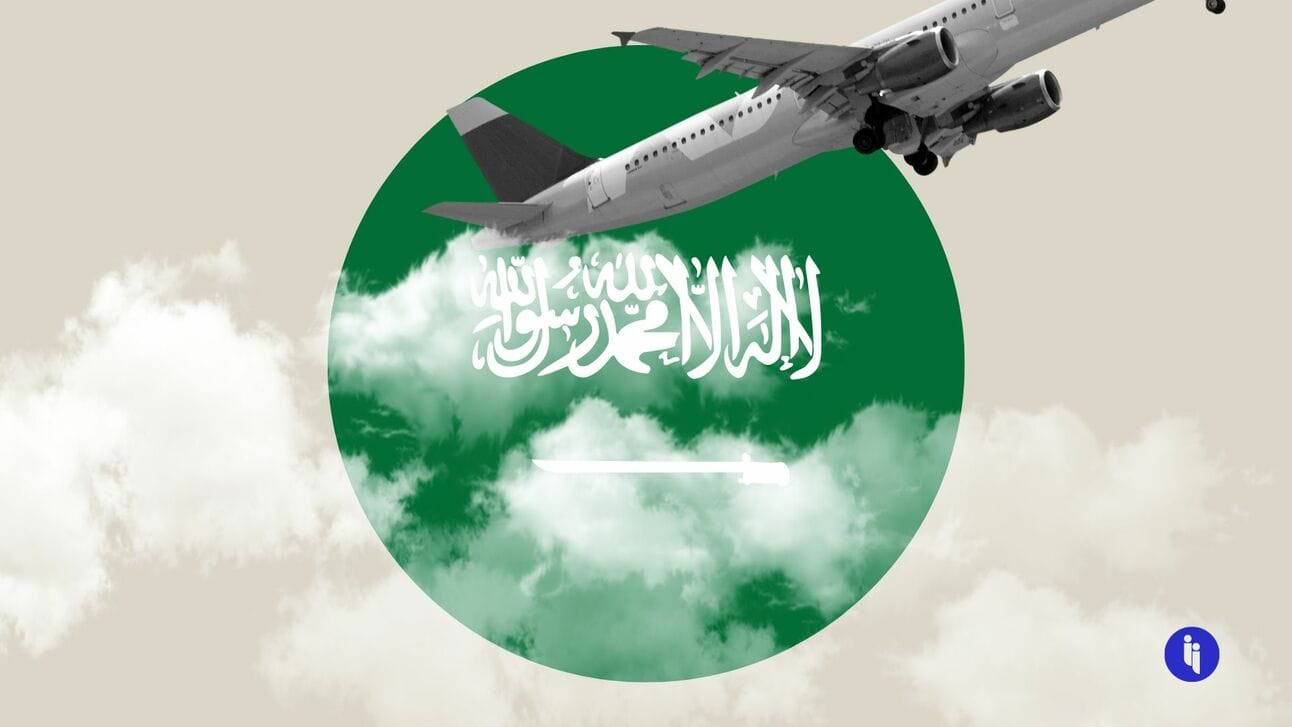Saudi Arabia’s new airline, Riyadh Air, made its debut on Monday at the Paris Air Show with a passenger plane decked out in purple.
Despite not hitting the skies until 2025, Riyadh Air says it’s aiming to carry 100 million passengers between more than 100 destinations by 2030.
And the Saudis aren’t alone. These days, most countries have a national carrier:
Stay on top of your world from inside your inbox.
Subscribe for free today and receive way much more insights.
Trusted by 114,000+ subscribers
No spam. No noise. Unsubscribe any time.
- Dubai, with the help of its carrier Emirates, has become a global hub that’ll welcome 84 million passengers this year
- Qatar is following a similar path, with its own national carrier now one of the world’s fastest-growing airlines, and
- Nigeria unveiled its own new national carrier just last month (its predecessor collapsed in 2003)
So why do countries launch their own airlines?
- 🎩 Prestige – what better way to brand yourself as a prosperous, advanced, and powerful country than with a fleet of high-end jets?
- 🤑 Business – millions of stopovers can boost local tourism and investment, helping diversify an economy away from oil, and
- 🆘 Emergencies – countries also use national carriers to rescue stranded citizens during times of crisis, whether pandemic or war
Intrigue’s take: The aviation sector is such a tough business already: it’s sensitive to oil prices, labour shortages, downturns, airport capacity, climate change, safety and security issues, pandemics, and wars.
In addition to all that, the Saudis will need global travellers to overlook the country’s restrictions around women, speech, religion, alcohol and beyond. So having a bottomless bucket of cash won’t guarantee success.
Also worth noting:
- Saudi Arabia launched its first airline with a US plane, gifted to the Saudi king after a secret 1945 meeting with President Roosevelt.
- Global air travel is growing, but is still below pre-COVID levels.
- Several airlines are developing ultra-long-haul flights of up to 20 hours, removing the need for a stopover.








